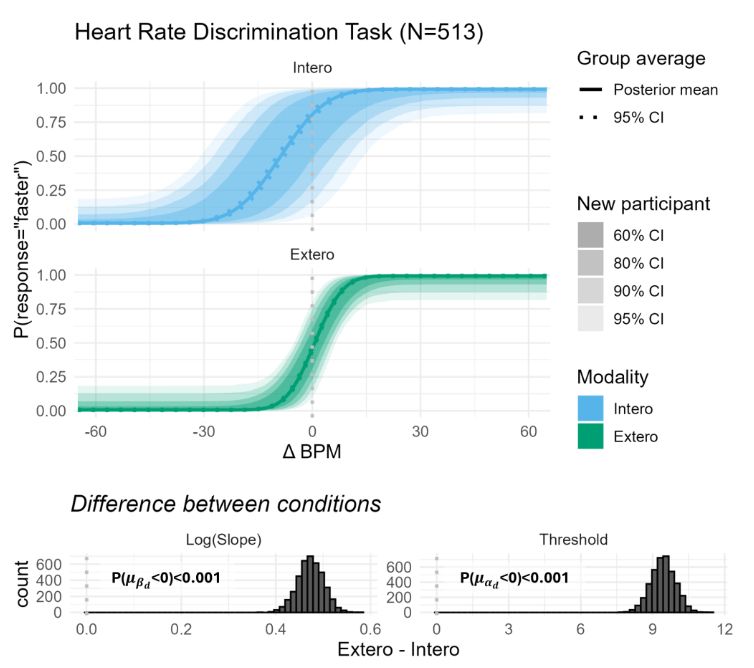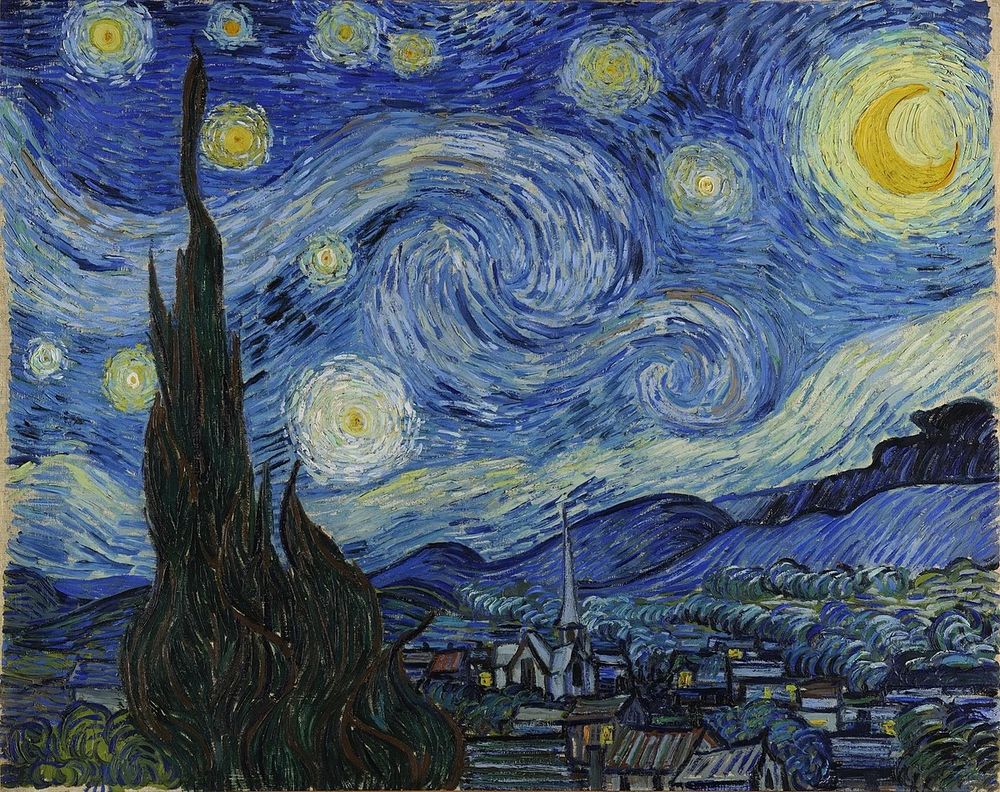
gallantlab.org/blog/2025-12...
#neuroscience, #neuroimaging

gallantlab.org/blog/2025-12...
#neuroscience, #neuroimaging
For Master’s students outside France
Project on the computational bases of narrative pleasure 🧠📚🎮
For Master’s students outside France
Project on the computational bases of narrative pleasure 🧠📚🎮
Why is cognitive effort experienced as costly?
(or why does it hurt to think)
never written a review paper before in my life, that was a new and unusual experience

Why is cognitive effort experienced as costly?
(or why does it hurt to think)
never written a review paper before in my life, that was a new and unusual experience

We study how humans explore a 61-state environment with a stochastic region that mimics a “noisy-TV.”
Results: Participants keep exploring the stochastic part even when it’s unhelpful, and novelty-seeking best explains this behavior.
#cogsci #neuroskyence


We study how humans explore a 61-state environment with a stochastic region that mimics a “noisy-TV.”
Results: Participants keep exploring the stochastic part even when it’s unhelpful, and novelty-seeking best explains this behavior.
#cogsci #neuroskyence
led by Robin Vloeberghs with @anne-urai.bsky.social Scott Linderman
Paper: desenderlab.com/wp-content/u... Thread ↓↓↓
#PsychSciSky #Neuroscience #Neuroskyence
led by Robin Vloeberghs with @anne-urai.bsky.social Scott Linderman
Paper: desenderlab.com/wp-content/u... Thread ↓↓↓
#PsychSciSky #Neuroscience #Neuroskyence
1/n

1/n
Congrads to Jonathan Marienhagen , Lisa Blum Moyse and Dominik Deffner on this new study. Very happy that I was part of this collaboration.
Preprint here: osf.io/preprints/ps...

Congrads to Jonathan Marienhagen , Lisa Blum Moyse and Dominik Deffner on this new study. Very happy that I was part of this collaboration.
Preprint here: osf.io/preprints/ps...
Our proposal offers a framework for understanding how fundamental regulatory sensations, such as boredom & effort, shape temporal experience through interoceptive mechanisms.
Link: www.sciencedirect.com/science/arti...
TL;DR: Check 🧵 below
Our proposal offers a framework for understanding how fundamental regulatory sensations, such as boredom & effort, shape temporal experience through interoceptive mechanisms.
Link: www.sciencedirect.com/science/arti...
TL;DR: Check 🧵 below

Deadlines in decision making often truncate too-slow responses. Failing to account for these omissions can (severely) bias your DDM parameter estimates.
They offer a great solution to correct for this issue.
doi.org/10.31234/osf...


Deadlines in decision making often truncate too-slow responses. Failing to account for these omissions can (severely) bias your DDM parameter estimates.
They offer a great solution to correct for this issue.
doi.org/10.31234/osf...
How do humans learn from arbitrary, abstract goals? We show that, when goal spaces can be compressed, costly working-memory processes give way to internalized reward functions, enabling efficient goal-dependent reinforcement learning. @annecollins.bsky.social arxiv.org/abs/2509.06810

How do humans learn from arbitrary, abstract goals? We show that, when goal spaces can be compressed, costly working-memory processes give way to internalized reward functions, enabling efficient goal-dependent reinforcement learning. @annecollins.bsky.social arxiv.org/abs/2509.06810
www.researchsquare.com/article/rs-7...
www.researchsquare.com/article/rs-7...
How does progress feedback influence effort-based decision-making? Our study involved a novel effort manipulation designed for online testing and mouse-tracking. The results came with a twist on apathy… (🧵1/3)
How does progress feedback influence effort-based decision-making? Our study involved a novel effort manipulation designed for online testing and mouse-tracking. The results came with a twist on apathy… (🧵1/3)

3+ years with me & @mitulamehta.bsky.social on @wellcometrust.bsky.social funded social cognition/paranoia research at the IoPPN.
Lead & develop computational work, collaborate with experimentalists on psychosis/THC data.
DM for details! lnkd.in/eCMy9Jf5

3+ years with me & @mitulamehta.bsky.social on @wellcometrust.bsky.social funded social cognition/paranoia research at the IoPPN.
Lead & develop computational work, collaborate with experimentalists on psychosis/THC data.
DM for details! lnkd.in/eCMy9Jf5
Here's one prestigious postdoc fellowship that just opened: azrielifoundation.org/azrieli-fell...
reach out w/your CV to paul.sharp@biu.ac.il
lab: sharplabbiu.github.io
Here's one prestigious postdoc fellowship that just opened: azrielifoundation.org/azrieli-fell...
reach out w/your CV to paul.sharp@biu.ac.il
lab: sharplabbiu.github.io


Huge thanks to our two amazing reviewers who pushed us to make the paper much stronger. A truly joyful collaboration with @lucasgruaz.bsky.social, @sobeckerneuro.bsky.social, and Johanni Brea! 🥰
Tweeprint on an earlier version: bsky.app/profile/modi... 🧠🧪👩🔬
Huge thanks to our two amazing reviewers who pushed us to make the paper much stronger. A truly joyful collaboration with @lucasgruaz.bsky.social, @sobeckerneuro.bsky.social, and Johanni Brea! 🥰
Tweeprint on an earlier version: bsky.app/profile/modi... 🧠🧪👩🔬

In @nathumbehav.nature.com, @chazfirestone.bsky.social & I take an experimental approach to style perception! osf.io/preprints/ps...

In @nathumbehav.nature.com, @chazfirestone.bsky.social & I take an experimental approach to style perception! osf.io/preprints/ps...
TL;DR: asymmetric learning rates can be induced by shifts in tonic dopamine giving rise to pessimistic/optimistic biases in agents or animals undergoing reinforcement learning .

TL;DR: asymmetric learning rates can be induced by shifts in tonic dopamine giving rise to pessimistic/optimistic biases in agents or animals undergoing reinforcement learning .
Our attention changes over time and differs across contexts—which is reflected in the brain🧠 Fitting a dynamical systems model to fMRI data, we find that the geometry of neural dynamics along the attractor landscape reflects such changes in attention!
www.biorxiv.org/content/10.1...

Our attention changes over time and differs across contexts—which is reflected in the brain🧠 Fitting a dynamical systems model to fMRI data, we find that the geometry of neural dynamics along the attractor landscape reflects such changes in attention!
www.biorxiv.org/content/10.1...
rdcu.be/eAofi

rdcu.be/eAofi

